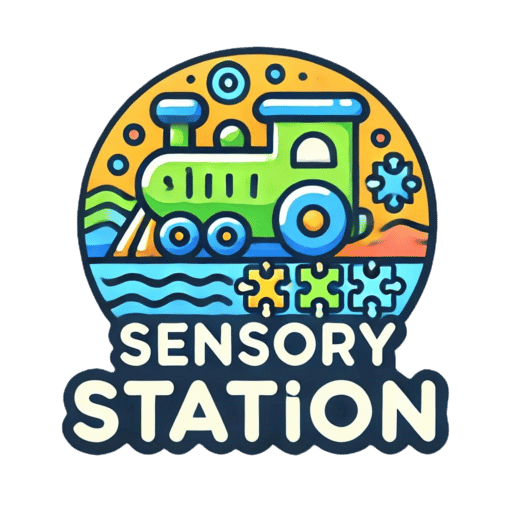Parents are often surprised to find out that their child may need Occupational Therapy (OT). This will be in order to achieve developmental goals such as crawling, walking, running, hopping, jumping, and riding a bicycle (Gross Motor Skills – the movement of large muscle groups).
Occupational Therapy can also help improve attention, concentration, ability to follow instructions, as well as organising self within a learning or academic environment.
Parents often have a misconception thinking that Paediatric Occupational Therapy only assists with handwriting, however apart from the above, Occupational Therapy also focuses on other Fine Motor Skills.
These include things like the use of scissors, lacing, beading, manipulation of playdough as well as functional skills like using feeding utensils, dressing oneself and other activities of daily living.
Occupational Therapists focus on functional specific tasks to address the functional difficulties a child may encounter. Other areas that Occupational Therapists address are Visual Perception and Sensory Processing.

The word ‘Occupation’ is associated with work. A child’s occupation is learning through play, and some children need to be taught the skill ‘to play’ in order to learn their basic functional skills. Children need to learn many skills to develop age-appropriate tasks and become successful in adulthood. The Occupational Therapist’s role is to assess, plan and carry out intervention and to support parents to help develop and improve the child’s wellbeing.
Some of the many ways that Occupational Therapy can benefit your child:
Before starting therapy sessions, the therapist Will conduct a parent/School consultation, an essential step in the intervention process.
This session typically lasts about 30-60 minutes and serves several important purposes:
The information gathered during the consultation is crucial for guiding the therapist’s intervention and setting appropriate goals. The therapist will provide verbal feedback on their initial thoughts and recommendations for the next steps.
Gross Motor Development:
Fine Motor Development:
Sensory Processing:
Visual Perception:
Play Skills:
Activities of Daily Living:
We provide occupational therapy services embracing a range of approaches targeting:
We uphold a standardised approach that encompasses an assessment of:
Sensory Station provides Outreach Services at selected schools and nurseries. Our therapists offer 1:1 and/or group therapy to children with learning difficulties in their educational setting (Schools or Nurseries). This can be a service agreement between the school and ourselves or directly between Sensory station and parents to deliver services whilst at school.
We aim to partner with reputable schools, nurseries and educational institutes that have inclusive educational programmes to provide real time assistance to teaching staff and to help them, using our training programmes, to, in turn, provide required support to Special Education Needs (SEN) children.
We are always looking for new schools and nurseries who support an inclusive educational environment, to provide our services to. If you are a SENCO/School or Nursery In-Charge and would like to get in touch to understand more about our outreach services, please email at info@sensory-station.com. If you would like Sensory Station to outreach to your child’s school or nursery, please ask the school to contact us, to discuss this further.
If you would like your child to be referred for therapy, request a referral from the school. Please ask the teacher, learning support and/or SENCO to discuss the referral process or see below.
Alternatively, you can contact us directly and refer your child yourself.
Would you like to speak with us directly for a more personalised experience?
Feel free to call us.
Sensory Station, London, E1

Let’s work together to create a calm, joyful world for your child. Whether you're looking for a helpful toy, a learning tool, or direct support—we’re here.